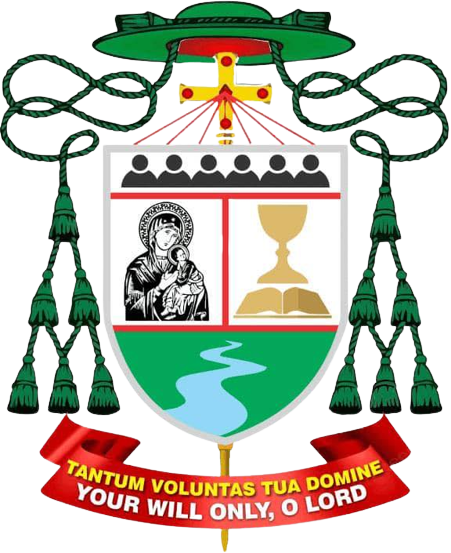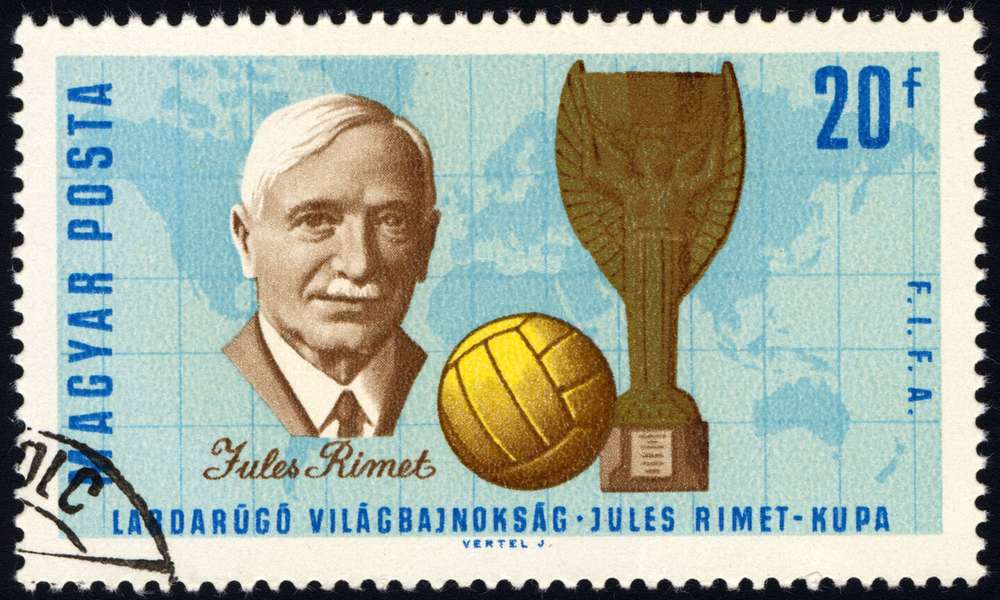Happening right away is an International game with an estimated 3.2 billion people the world over tuning in to watch, it is the 2018 World Cup, an international soccer tournament founded by a Catholic man from a small village in France.
Jules Rimet was born on October 14, 1873, in the small village of Theuley in Eastern France to a modest family; his father was a grocer, and when Jules was just 11, they relocated to Paris in search of better work following an economic crisis.
Rimet’s background, as well as his devout Catholic faith, heavily influenced the way he viewed the world. Even after becoming a successful lawyer, Rimet had a heart for the poor, and was inspired by the social teaching of the Church.
He was particularly inspired by Pope Leo XIII’s encyclical Rerum Novarum, according to The Catholic Herald, and helped found an organization that provided social and medical aid to the poor.
Rimet also loved sports and was a firm believer that it could unite people across race and class. At the age of 24, he founded a sports club called Red Star, which was open to anyone regardless of class. He insisted that the club included soccer, even though he didn’t play himself and at the time the sport was looked down on as being for only Englishmen and the lower class.
“Men will be able to meet in confidence without hatred in their hearts and without an insult on their lips,” he once said of his vision for sports.
In 1904, Rimet helped to found the Fédération Internationale de Football Association (International Federation of Association Football, or FIFA), though the start of World War I delayed his plans of hosting an international tournament.
By 1921 Rimet became the President of FIFA, and is the longest-serving president of the organization to date. Seven years later, he was able to hold the first World Cup in Uruguay. He carried the now-famous Jules Rimet trophy on board a ship to South America in his bag.
Rimet served as FIFA’s president until 1954, and was nominated for a Nobel Peace Prize in 1956 for founding the World Cup. He died in France in October 1956 at the age of 83.
In the book “A History of Football in 100 Objects”, Rimet’s grandson Yves remembered his grandfather as a “humanist and idealist, who believed that sport could unite the world. Unlike many others in his time, he realised that, to be truly democratic, to truly engage the masses, international sport must be professional.”

